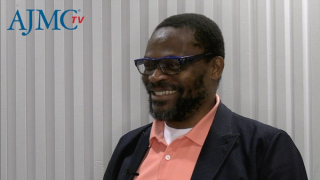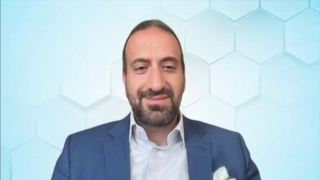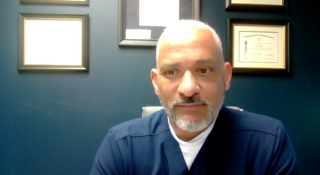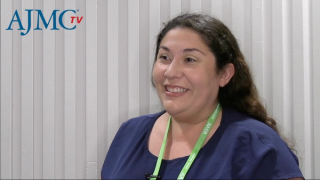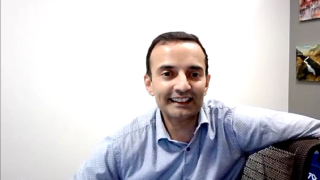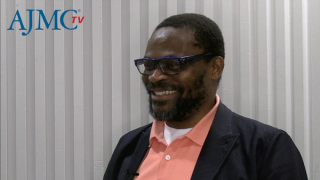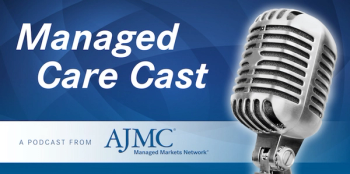
Health Care Delivery
Latest News
Latest Videos

Podcasts
More News
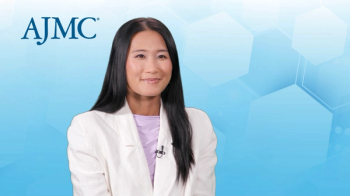
As rates of childhood obesity rise, clinicians call for increased data collection to support insurance coverage and safe use of glucagon-like peptide 1 (GLP-1) medications in children under 12 years.

Given trends in cost and use, insulin out-of-pocket cost reduction policies would be more efficient if they targeted members in high-deductible health plans with savings options and low-income patients.

The Commonwealth Fund’s updated July 2025 brief on maternal mortality highlights how systemic disparities, Medicaid coverage gaps, and behavioral health challenges continue to drive poor maternal and infant outcomes across the United States.

Key legal, ethical, and compliance considerations for managed care professionals navigating the evolving landscape of psychedelic-assisted therapy include regulatory risks, data privacy challenges, reimbursement limitations, and the need for culturally informed care models.

Discover the latest insights on pediatric-onset multiple sclerosis, emphasizing early intervention and high-efficacy therapies for improved outcomes in children.

Improving health literacy is essential for promoting health equity, reducing preventable illness, and making health care more effective.

Social risk factors significantly increase the likelihood of developing long COVID, highlighting the urgent need for equitable health care and support systems.

In a webinar, experts discussed cardiovascular disease prevention strategies, emphasizing personalized risk assessments and emerging treatments to combat this health crisis.
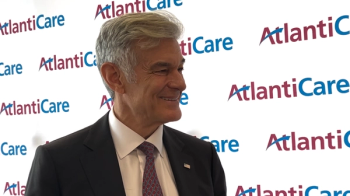
During a visit to AtlantiCare, CMS Administrator Mehmet Oz, MD, MBA, called for rural health systems to modernize IT infrastructure through the $50 billion Rural Transformation Fund, including through artificial intelligence (AI).

Although artificial intelligence (AI) is quickly becoming a tool used in health care, the human aspect of health care is still necessary for continued care.

At the 6-month anniversary of the inauguration in January, The American Journal of Managed Care® looks back at the changes made by the Trump administration that could have lasting effects in health care.

This article examines the prevalence of pay-for-performance incentives to promote human papillomavirus vaccination and other quality metrics as reported by frontline clinical staff.

The potential of health care technology has been disconnected from patients, making those innovations barriers rather than means of improving access and communication.

The 16-person, first-in-human study showed promising safety and efficacy data for delivering insulin intranasally in older adults.

Miriam Freimer, MD, clinical professor of neurology at The Ohio State University Wexner Medical Center, reflects on how findings from the RAISE-XT trial potentially translate to real-world practice and looks to the future of treatment for the autoimmune neuromuscular disorder.

Researchers found no significant differences in surgical outcomes or follow-up between housed and unhoused patients with osteoarthritis undergoing total joint arthroplasty, suggesting the procedure is safe and effective regardless of housing status.
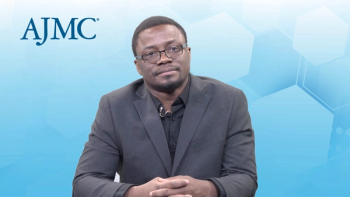
Ayodeji Adegunsoye, MD, PhD, MSc, discusses how emerging genetic insights like telomere-related mutations may reshape disease management in idiopathic pulmonary fibrosis (IPF).
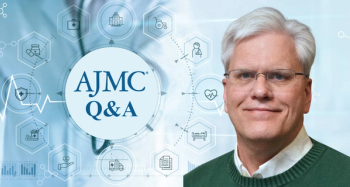
There is a great need to streamline the process from the tissue sample to the diagnostic lab, whether it's genomic or immunohistochemistry, Robert Kratzke, MD, says.
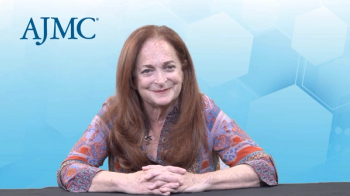
Marilyn Glassberg, MD, emphasizes the need for improved community education and highlights promising new drug pathways for idiopathic pulmonary fibrosis (IPF).

According to the American Medical Association, blame for the ongoing physician shortage may lie with overly burdensome administrative processes, an antiquated Medicare payment system, and lack of education for residents in primary care and psychiatry.

States participating in the Cell and Gene Therapy (CGT) Access Model will be testing outcomes-based payments for sickle cell disease treatments.

Assertive community treatment, a strongly evidence-based practice for delivering care to individuals with schizophrenia and low health care engagement, is applicable to disengaged, medically complex patients.

National Minority Mental Health Month emphasizes the persistent mental health disparities among US racial and ethnic minorities, stemming from lower access to services, lack of culturally competent providers, discrimination, and medical mistrust, underscoring the need for dedicated resources and community action.

Despite recommendations on early referral for lung transplantation in cases of pulmonary arterial hypertension (PAH), there is a lack of in-depth understanding of this current landscape; in this analysis, clinical parameter data were used to compare outcomes between patients who were and were not referred for lung transplantation.
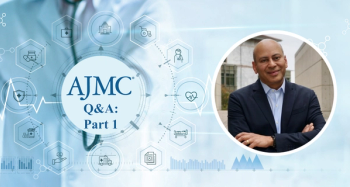
Sanjay Doddamani, MD, MBA, a former senior advisor to the Center for Medicare and Medicaid Innovation, and internist and cardiologist by training, explains how the Wasteful and Inappropriate Service Reduction (WISeR) Model hopes to work, and addresses concerns about delays and denials from revamped prior authorization processes.





